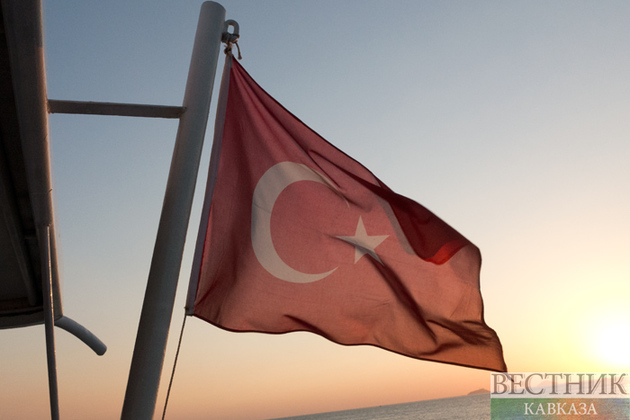The Greek government sent letters to NATO and the United Nations, complaining about Turkish President Recep Tayyip Erdoğan's "aggressive" statements and asking the bodies to condemn Ankara's actions.
Earlier this week, the European Union expressed concern about Erdoğan's comments after he accused Greece of occupying demilitarized islands in the Aegean and warned that Türkiye is prepared to "do what's necessary" when the time comes.
However, Ankara also sent letters to the European Union, NATO and the U.N. explaining its stance and views on issues such as airspace, territorial waters and the demilitarization of Aegean islands.
Earlier, a letter signed by Foreign Minister Mevlüt Çavuşoğlu was sent to 25 capitals of the European Union, EU foreign policy chief Josep Borrell, the permanent members of the U.N. Security Council as well as NATO Secretary-General Jens Stoltenberg and U.N. Secretary-General Antonio Guterres.
Explaining Türkiye's position and views on how to solve the issues in the Aegean, the letters also drew attention to Greece's unlawful actions and maximalist demands.
Emphasizing that there are a number of closely related and interrelated problems in the Aegean Sea, such as the breadth of territorial waters, national airspace and continental shelves, the letter also noted that Greece has violated the non-military status of the Eastern Aegean islands, according to the sources.
It also emphasized that Greece claims to have 10 nautical miles of airspace despite the width of its territorial waters in the Aegean being 6 nautical miles. The letter underlined that Greece is the only country in the world that has non-overlapping territorial waters as well as airspace borders that are not recognized by any other country.
Furthermore, Türkiye expressed that it believes issues in the Aegean can be resolved within the framework of international law through the mutual recognition of the fundamental rights and legitimate interests of the two countries.






